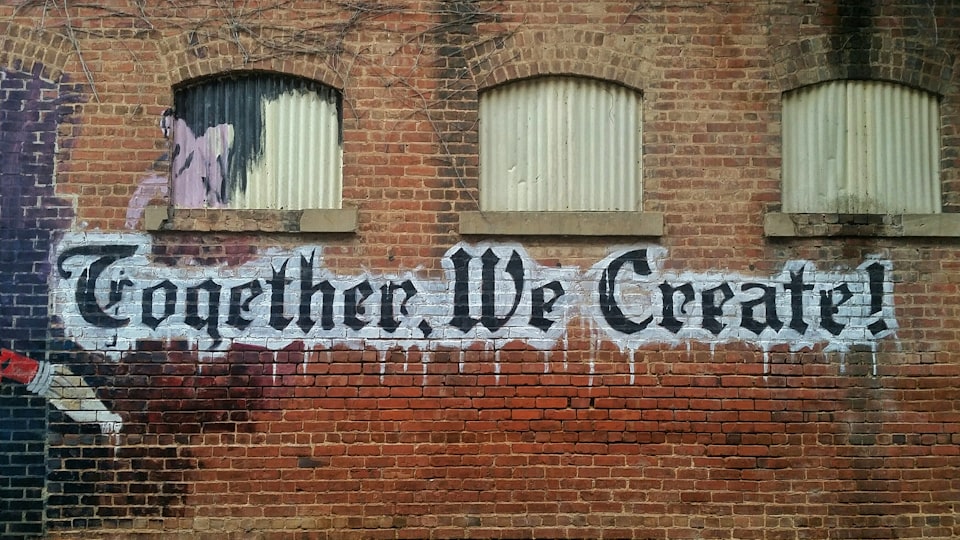What does it mean to rethink a civilization? Does it mean that you have to tear down the old and build new? I don't think so.
Civilization isn't just one thing, it's a whole bunch of systems working together, each fulfilling a needed function.
That's why China can have capitalism under Communist rule: the economic system and the governance system serve different functions, and systems adapt to the other systems they're connected to.
Within the system of capitalism, you have other systems like banking, stock markets and currencies, each serving its own function. To change one of those systems, say, replace the dollar with a cryptocurrency, you can create a new system that fulfills the currency function and offer it in parallel to the old.
When competing systems coexist for very long, like NASDAQ and the New York Stock Exchange have, it's probably because they have slightly different functions and each one fills a niche need. If a new system fails to dislodge the old one, then it could be that it's not an attractive enough option. Or it could be that it's not needed yet.
Buckminster Fuller had a phrase for the second possibility: emergence by emergency.
Anticipate what people will need in the future, have it ready to go at the right time, and people will use it when it's needed. Probably during an emergency situation. I don't know that Zoom Video Communications, Inc. anticipated the COVID pandemic, but Zoom was the best choice at the right time, so lots of people used it.
We can't rethink civilization all at once; we must look at individual parts of the larger systems and look for better ways to do things. That probably means lots of small improvements waiting in the wings, maybe millions of them.
Also, your ideas might not take off right away, but that doesn't make them a failure. If you've anticipated what will be needed and make it ready, then it's time will come.
(I think the best way to have great ideas ready without having to invest a bunch of capital up front is to create and develop open artifacts projects. But that's probably a different blog post.)
Emergencies are likely to be ever more frequent in the coming decades, so let’s get to work.





